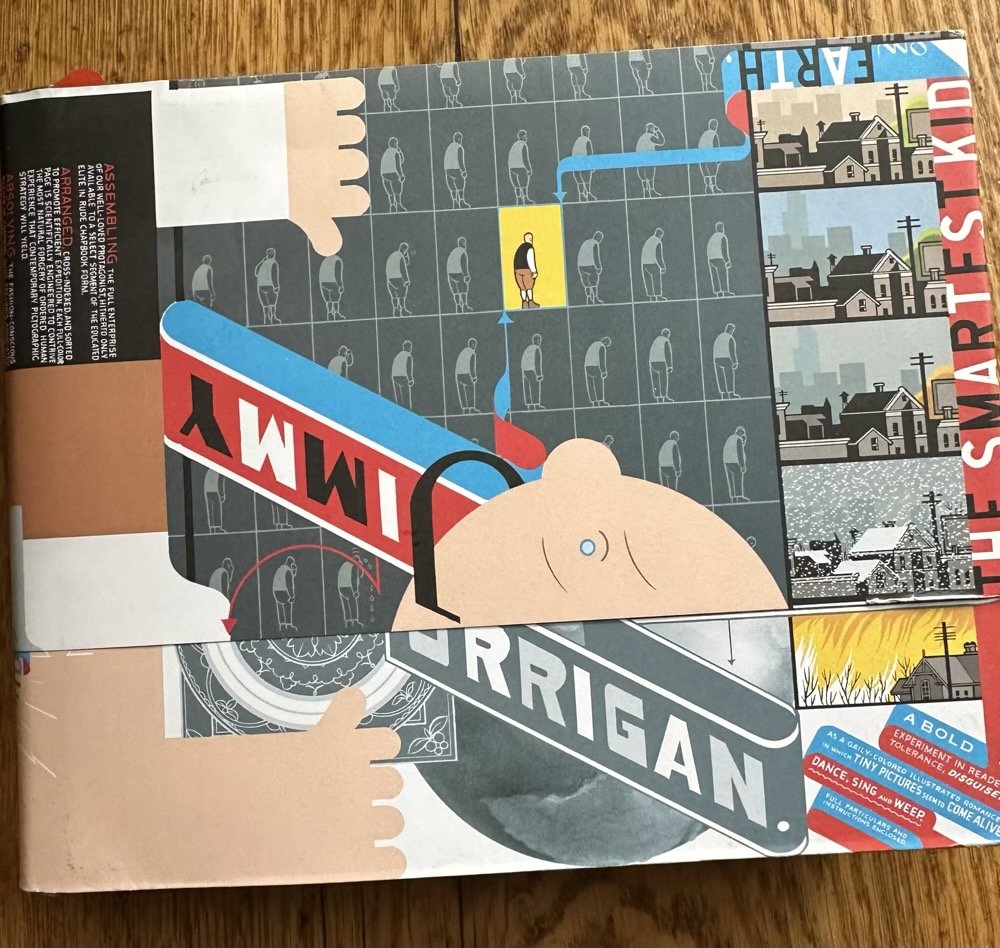I avoid the use of perspective because I don’t think it effectively translates the way we remember physical space into the two-dimensional form of comics. Isometric projection, which keeps coordinating axes at the same degree, seems to key in to my felt memory better than any mass of as-seen conflicting angles does. Japanese narrative art embraced this approach thousands of years ago. Plus, perspective simply makes the page a mess, and in comics, composition is paramount.
Art Spiegelman has defined comics as the art of turning time back into space, which is the best explanation of the medium I think anyone’s yet come up with. The cartoonist has to remain aware of the page as a composition while focusing on the story created by the strings of individual panels. I think this mirrors the way we experience life—being perceptually aware of our momentary present with some murky recollections of our past and vague anticipations of where we’re headed, and all of it contributing to the shape of what we like to think of as our life. I try to flatten out experience and memory on the page so the reader can see, feel, and sense as much of all of this as possible, but it’s really not much different from composing music or planning a building.
